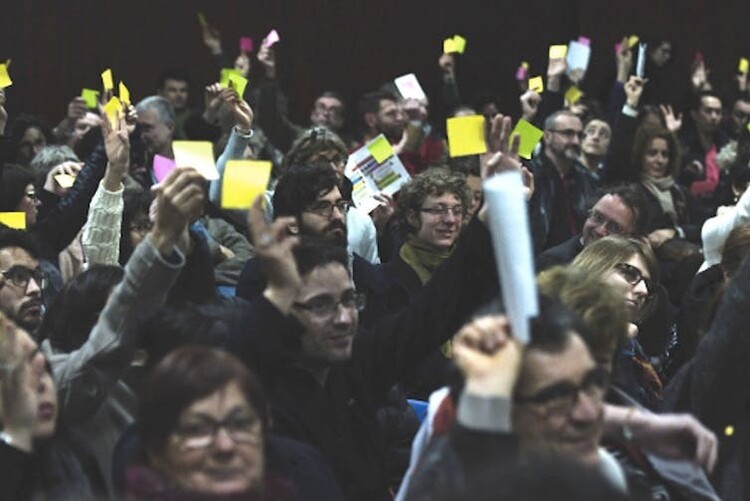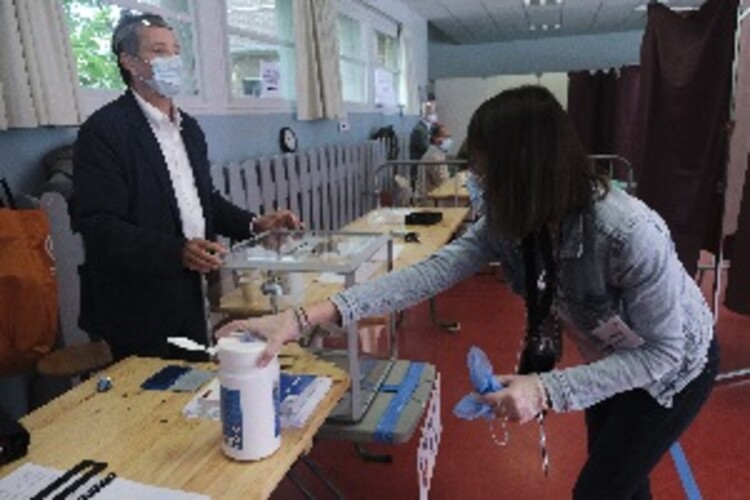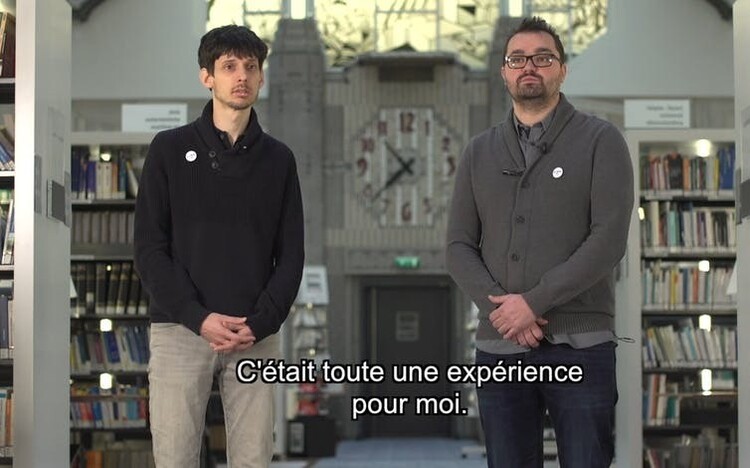Our scientists regularly publish articles on the online media outlet The Conversation France under a Creative Commons license. These articles are made available free of charge on our partner's website and are published on Reflexscience in accordance with the publication guidelines specified by The Conversation France.
Cooperatives, solidarity supermarkets, and more... Alternative organisations aren’t built in a day!
Initiatives that integrate ecological and social dimensions into their performance must manage the gap between their ideals and the implementation of the activity.
Read moreElections: campaign rituals disrupted by the pandemic
The organization and the registers of mobilization of localized electoral campaigns are crucial to understand the small rituals of political life and its actors.
Read moreFight against climate change: Research & Innovation would benefit from involving more women
A study systematic literature review on the whole research on solutions to fight climate change suggests that women are more productive and prefer solutions with social objectives, rejecting “gadget” technologies.
Read moreCyberattacks and data kidnapping: how can organisations protect themselves from ransomware?
Several organizations have been subject to ransom demands through data kidnapping. How do the attackers proceed and how do they guard against it?
Read moreBodycams on French police: what we can learn from the United States and Canada
French police officers will soon be generally equipped with pedestrian cameras to film their interventions. A practice already implemented across the Atlantic for several years.
Read moreEmployment for people with disabilities: communication dilemmas
Institutional films emphasize the economic profitability of employment policies for people with disabilities. But can we convince without moving?
Read more![[Translate to English:] Logo The Conversation France [Translate to English:] Logo The Conversation France](/fileadmin/_processed_/d/1/csm_TC_Stacked-ENG-FR_39a7d8de59.png)





